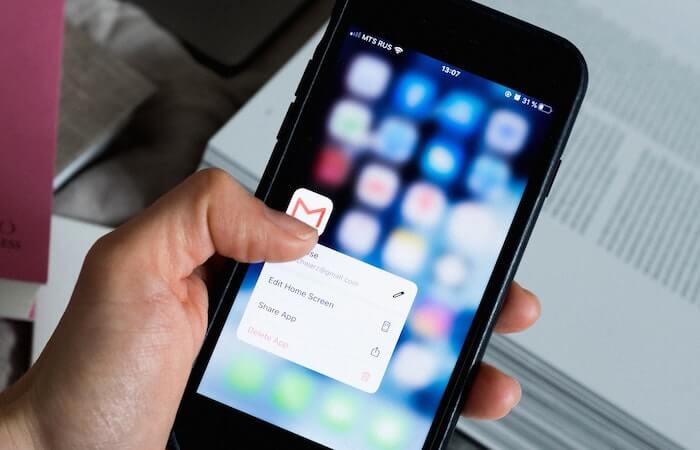We hate that you and your business are constantly subject to attacks. One of the best ways to avoid them is to read up on them as much as you can. Tax scammers know this is the time of year when you are focused on keeping the IRS happy. You would never ignore a communication from them. That is why you should beware this new income tax scam to get your password.

1. What is the Income Tax Scam to Get Your Password?
Malicious email scams follow a pattern of current events. They have special ones for Christmas, mother’s day, vacation time, etc. Now is tax time, so the scammers follow suit by posing as the IRS, most likely by sending you an email from an official sounding email. Only about 1% of people respond to these mass emails, but that is a favorable outcome for them. If you’re busy and not thinking clearly about how the IRS typically communicates, you may click on a link in the email or download a file. Either of these can lead to malware being installed on your device. Once malware is installed on your device, passwords and other vital information can be accessed and sold by these scammers.
2. How They Make it Look Real
Remember that anyone can change the name of their email account to say anyone, including all the way up to current Commissioner of the Internal Revenue Charles P. Rettig. Scammers will use names like “IRS Online,” “Official IRS,” and other names that can sound real. They may even use the official “@irs.gov” ending in their emails. However, these can also be falsified.
3. What They Ask You to Do
In many cases, these scammers will ask you to download an official file, such as a W-9 or Form 1040 to either fill out or review. They may even send you a password to open the file or other official sounding instructions. You may see the official IRS logo in the email, which is very easy to add. There may also be a signature you see often such as “The information contained in this transmission may contain sensitive information…”
Just downloading the file can mean disaster. Worse yet, you may fill out the form and send it back with all your sensitive information from your name to your address to your SSN or EIN.
4. How to Avoid This Scam
The best thing to do is not open emails from strangers pretending to be the IRS. The IRS would never initiate contact via email. They would send you an official letter if they need to get in touch with you that can be verified by your bookkeeper. If you do open an email from the alleged IRS, do not respond to it, click on any links, or download any files. Again, the IRS would not choose this way to communicate with you.
Get a Bookkeeper to Help With Income Tax Scams
The best way to stay on top of all things income tax scams is to use a bookkeeper to help with taxes and all IRS communications. Feel free to contact us if you live in Houston or the surrounding areas and want to get expert help from an experience bookkeeper.
